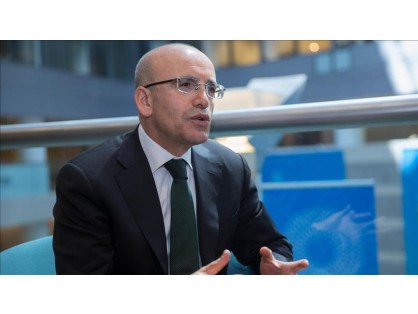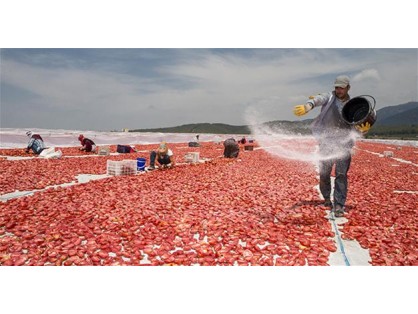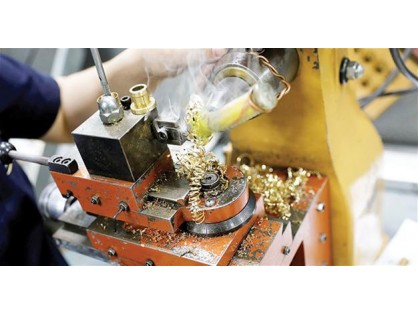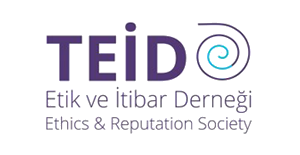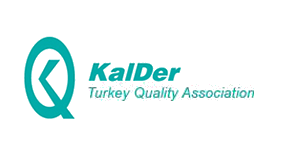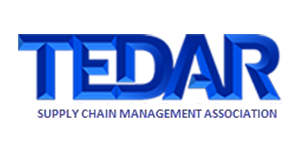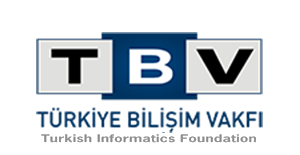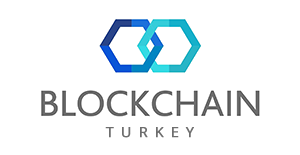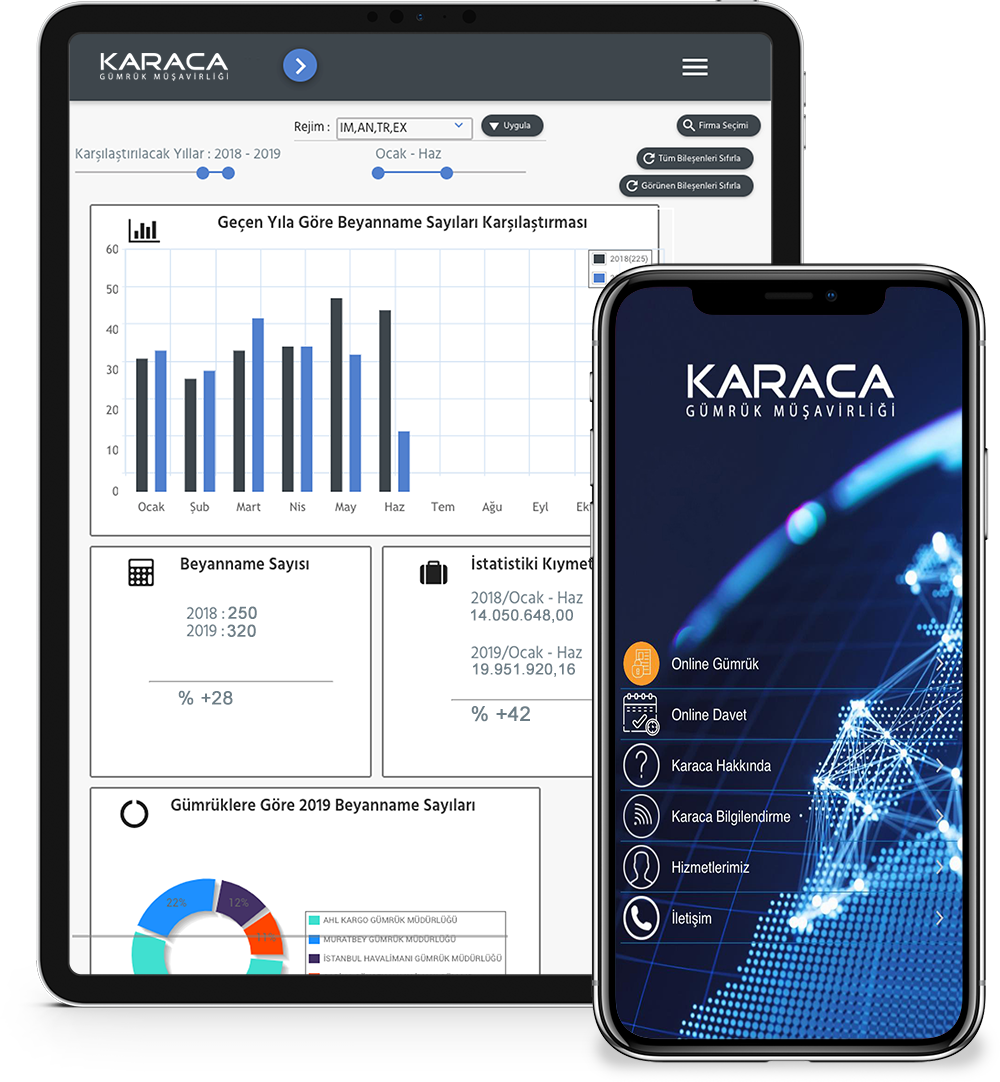Turkish economy expected to rebound next year
The European Bank for Reconstruction and Development (EBRD) expects gradual recovery in the Turkish economy in 2020 after the start of a recession at the end of last year which is expected to result in economic contraction in 2019.
In its latest economic outlook, released yesterday, the EBRD said the Turkish Lira’s depreciation and high interest rates will continue to dampen consumption and investment, although exports could make a positive contribution to growth.
According to the development bank report, private sector debt reduction - or deleveraging - means that the economic recovery will be slower than in past crises, when credit growth stimulated recovery.
After growing by 2.6 percent in 2018, a contraction of around 1.0 percent is expected in 2019, while 2020 will likely see a gradual recovery of growth to around 2.5 percent, it said.
The EBRD report added that leading indicators suggest that the slowdown may have bottomed out in the first quarter of 2019, but adds this may in part be a result of temporary counter-cyclical measures introduced before municipal elections in March 2019.
“Despite a stabilization of the lira in the wake of high volatility in 2018, the currency remains highly vulnerable to fragile investor sentiment,”
“Inflation in Turkey is expected to remain high for the first half of 2019 after hitting a 15-year peak of 25 percent in October 2018. Inflation is likely to start to decline gradually in the second half of 2019 as the impact of last year’s lira depreciation recedes,” it argued.
The Turkish Central Bank on April 30 kept the country’s year-end inflation forecasts at 14.6 percent this year, 8.2 percent next year, and 5.4 percent in 2021.
As laid out in the new economic program announced last September, the Turkish government’s inflation rate target is 15.9 percent this year, 9.8 percent in 2020, and 6 percent in 2021.
Rebalancing underway
Meanwhile, the European Commission said on May 7 in its spring forecast report that Turkey’s economy is rebalancing.
“The correction of external imbalances and of past high credit growth leads to a contraction of domestic demand with a return to growth expected for the second half of 2019,” it noted.
According to the commission, a strong contribution of net trade, reflecting mostly a high income elasticity of import demand, dampens the shock to the domestic economy.
The report argued that financial conditions are expected to remain volatile in the first half of the year with interest rates and stock markets entering a more tranquil phase later in the year.
The commission predicts that the Turkish economy will contract 2.3 percent this year but it will rebound to achieve growth rate of 3.9 percent in 2020.
In its economic program, the government forecast a 2.3 percent GDP growth for this year and 3.5 expansion in the economy next year.
Turkey, Economy, EBRD, Turkish Lira, Interest Rates, Growth
Kaynak:Hürriyet Daily News
